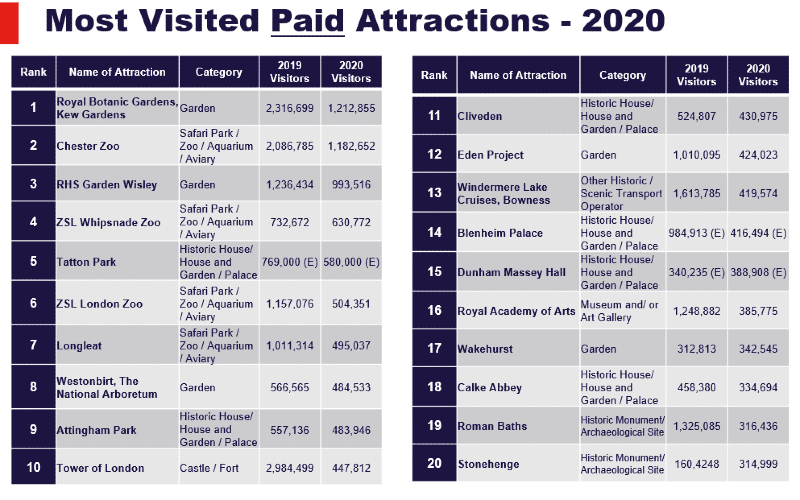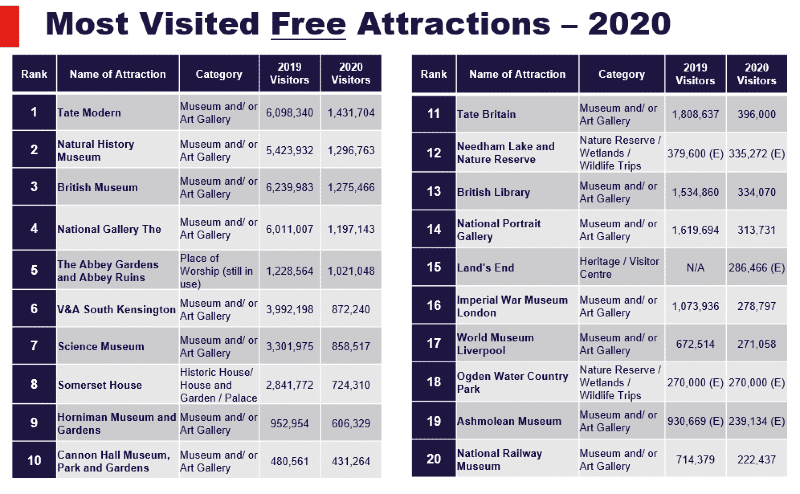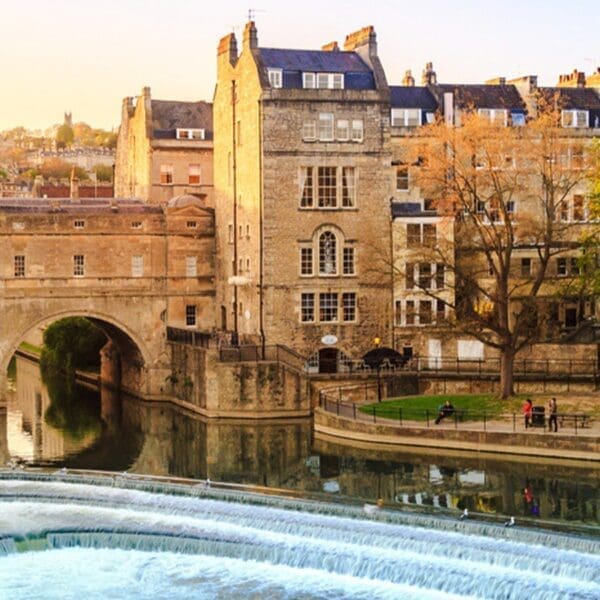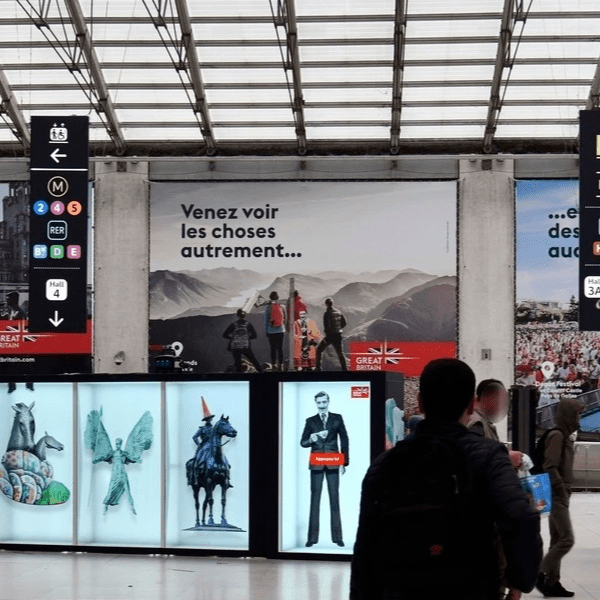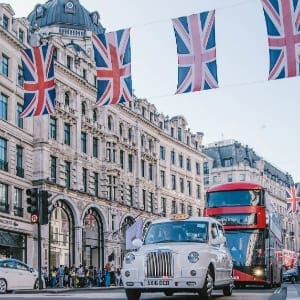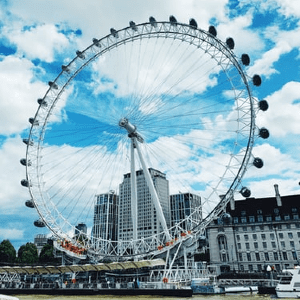 VisitEngland’s Annual Visitor Attractions Survey for 2020 published today shows the severe impact on visitor attractions from the COVID-19 pandemic with a 65% drop in visitors overall compared to 2019 and a 55% decline in revenue.
VisitEngland’s Annual Visitor Attractions Survey for 2020 published today shows the severe impact on visitor attractions from the COVID-19 pandemic with a 65% drop in visitors overall compared to 2019 and a 55% decline in revenue.
These declines were driven by site closures associated with lockdowns and opening restrictions and the significant contraction of inbound and domestic tourism in 2020.
The fall in visitor numbers last year to England’s attractions was most marked for museums and galleries, other historic properties, and places of worship, many of which rely on overseas visitors. Outdoor attractions such as country parks, wildlife attractions/zoos, and gardens showed the smallest decreases. Overall rural attractions fared best last year with admissions dropping by 47% compared to a 74% decline for urban.
Indoor attractions saw a larger decline in admissions in 2020 than outdoor with decreases of 76% and 43% respectively, partly due to lockdown restrictions delaying their reopening but also people being more reluctant to visit indoor attractions.
Kew Gardens was the most visited ‘paid for’ attraction in England last year with 1.2 million visitors, the first time a garden has taken the top spot, although numbers were still down almost half on 2019, followed by Chester Zoo and RHS Garden Wisley. The Tower of London, which had ranked first since 2009, saw an 85% decrease from 3 million visitors in 2019 to 448,000 in 2020, dropping to 10th place.
Topping the list of free attractions in England was the Tate Modern with 1.4 million visitors, a 77% drop on 2019, followed by the Natural History Museum with 1.3 million, a 76% drop, and the British Museum 1.28 million, an 80% drop.
Tourism Minister Nigel Huddleston said:
“I know what a challenging year it’s been for our brilliant tourism, leisure and hospitality sectors. Tourism is one of our country’s greatest assets, driving our economy and delivering jobs across our communities.
“That’s why we’ve provided an unprecedented £25 billion in support, including through grants, the furlough scheme, and tax breaks. There are so many wonderful attractions to visit in our towns and cities and it’s great to see VisitEngland’s Escape the Everyday campaign championing these opportunities as we build back better.”
VisitEngland Director Andrew Stokes said:
“These statistics are a stark demonstration of the impact on England’s visitor attractions which, even when they began to reopen last summer, had to operate with much reduced capacity before further lockdowns. It also underscores the importance of international visitors especially to our city attractions.
“The findings echo our consumer sentiment research which has consistently shown a preference for outdoor visitor attractions highlighting that there that is still a job to do to boost confidence in visiting city and indoor attractions.
“Our world-class attractions are crucial to our tourism offer, boosting local economies across England and they need all of us to make sure they bounce back. From our world-renowned museums, galleries, castles and historic houses to our rural, wildlife and outdoor attractions this is the year to take a new look at what is here on our doorstep.”
The survey, which gathered information from 1,301 English attractions, also showed the impact from the absence of international visitors in 2020 with a drop of 93% in overseas visitor numbers.
London attractions, with their greater reliance on international tourism, were hit hardest with a 77% decline overall in visitor numbers, with lower confidence in using public transport a factor. Attractions in the North East and North West also averaged larger declines associated with local lockdowns, while the East of England saw the lowest.
The tourism agency’s ‘Escape the Everyday – Enjoy the UK this Summer’ campaign has ramped up this month with a focus on cities and city visitor attractions as well as regional gateways to drive domestic day trips and overnight breaks during the summer, extend the season in to autumn and boost consumer confidence.
The survey also showed that many attractions pivoted during 2020 with 70% developing their digital offer and technology to connect with visitors with online tours and videos the most popular. The use of online booking systems also almost doubled to 57% by the end of 2020.
Attractions have also been working extremely hard to welcome visitors back safely and to continue to provide a first-class experience. VisitEngland’s ‘We’re Good To Go’ industry standard also continues to reassure customers and staff that processes are in place to welcome them back with confidence.
To see the results of the VisitEngland Annual Survey of Visits to Visitor Attractions in 2020 including regional data for attractions see: https://www.visitbritain.org/annual-survey-visits-visitor-attractions-latest-results
